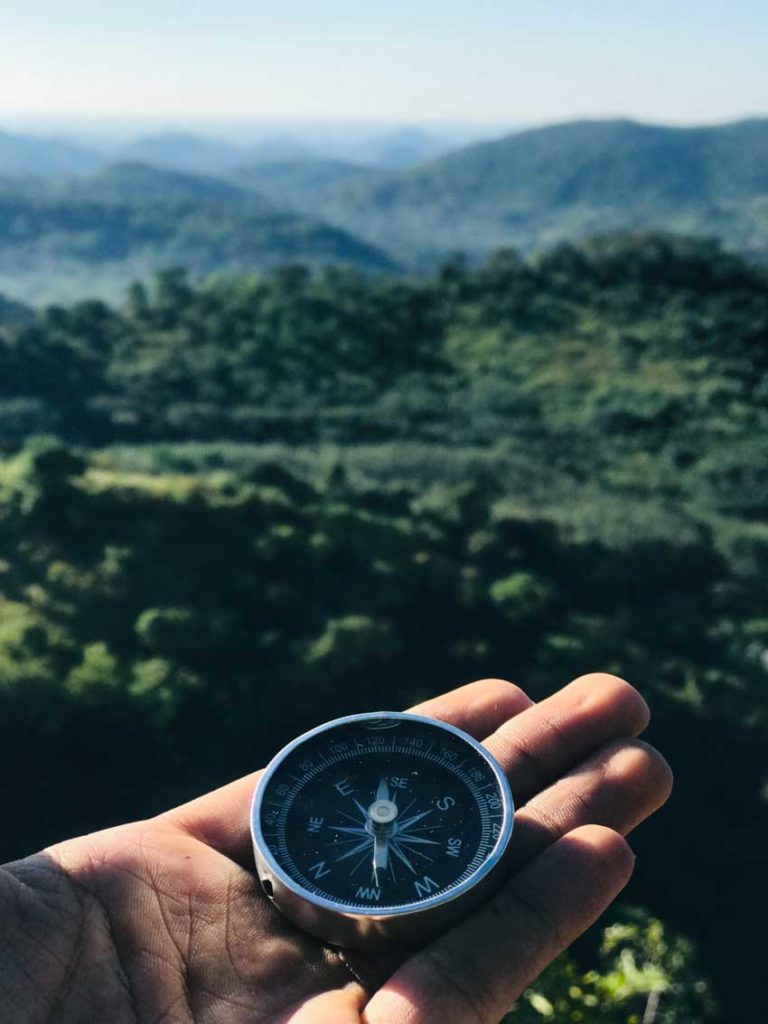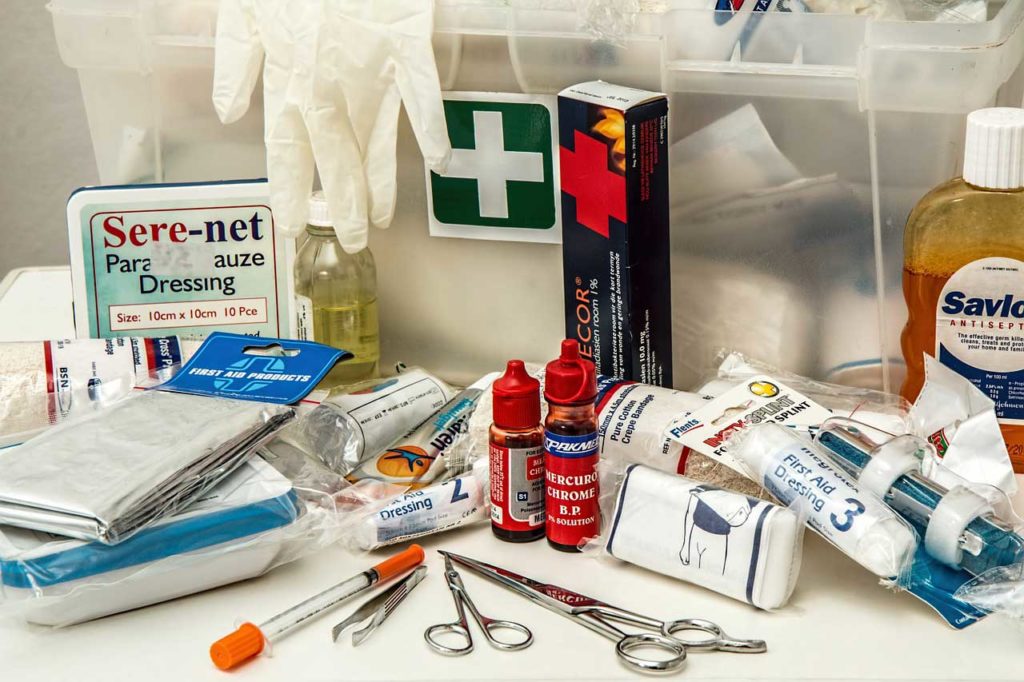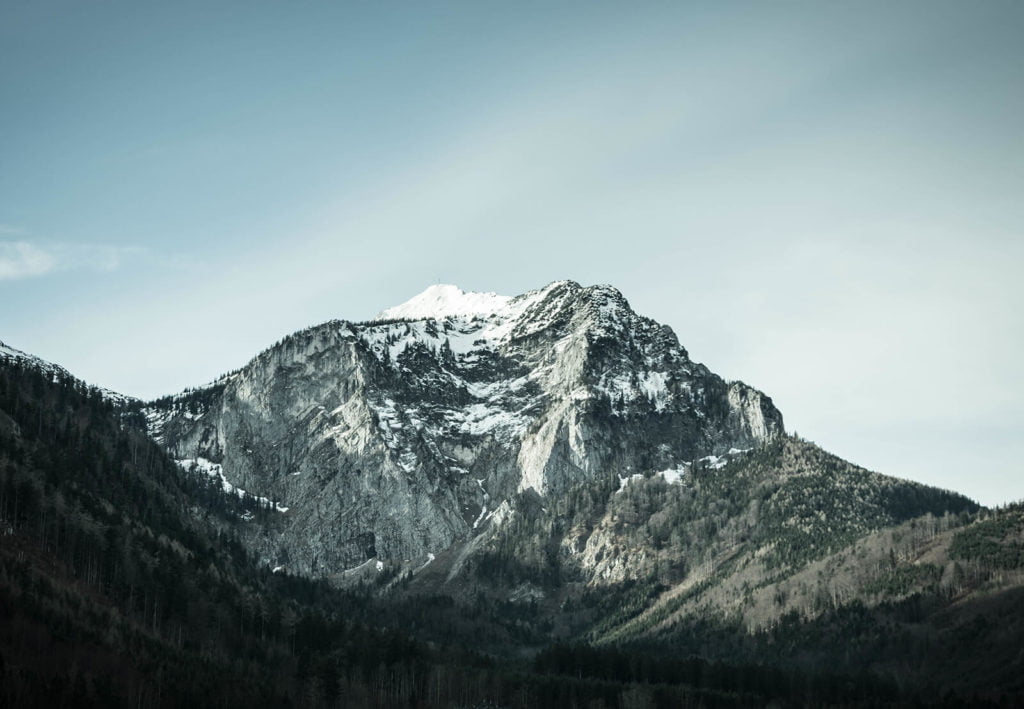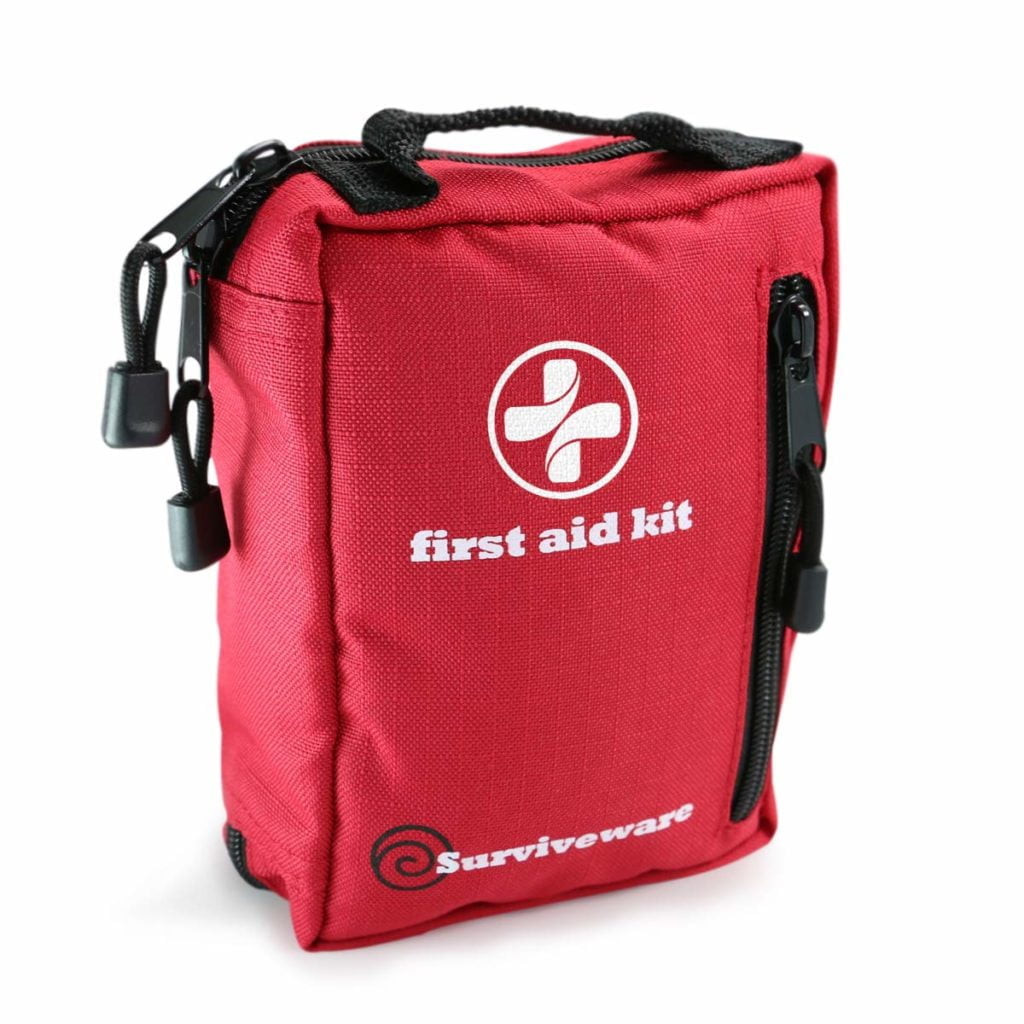
OUTDOORS & CAMPING >
When hiking, there are certain basics to cover. Most of this, we eventually learn the hard way! To save you from a similar fate or possible accident that could be prevented, take a look at our FDN Life list of essentials when hiking.
ESSENTIALS FOR A HIKING TRIP
BEFORE YOUR TRIP – CONSIDER PLANNING ESSENTIALS
- Plan Your Route
Consider the terrain you need to navigate through. For example, do you want to hike across flat grassland, through a forest or in a mountainous area? Is there perhaps a specific site you would like to see, such as a waterfall, lake, or summit?Once you have established where you want to go, get some maps and guidebooks to plot your route and look for trails. Be realistic, consider the terrain, and consider only hiking trails that you can handle. Furthermore, do not only rely on the GPS on your phone. Phone batteries don’t last long, especially if you get lost.
- Itinerary
Mark the points on your map where you want to stop over or camp. In the case of the latter, you should try and camp as close as possible to a viable water source to prevent extra trekking to and fro for refills.
Calculate the amount of time your hike will take. Remember that if you need to climb that this will slow you down. Don’t fret if this sounds daunting; use this handy Estimator here.
- Tell A Friend
Once your itinerary is planned, give it to a friend or family member not going with you on the hike. This is a backup plan should something go wrong, and will provide a rescue team with the ability to narrow down the search zone in case of an emergency to find you. - Weather
Snow, rain, lightning, the wind, and temperature will all affect the quality of your hiking experience. Check the weather forecast before your expedition to determine if conditions are optimal. Remember that even if it has rained recently, (and not on the day of your trip), that mud will also impact your hiking capabilities.
- Permits
Find out if a permit is required in the area that you want to hike in. This is often the case with most national parks or protected areas. - Quality Backpack
Remember that you will be carrying all your equipment on your back for the duration of your hike. Your backpack needs to be comfortable, balanced, and strong

NAVIGATION ESSENTIALS
- Navigation Essentials for Basic Hikes
- A Compass – Never leave without a compass. Your trusty compass has various safety features, including a sighting mirror that can flash sunlight to rescuers.
- A Map of the Area – Visit the tourism office to get maps for free or at a really good price. This is particularly vital if there are no clear hiking trails. Even if there are, there’s always the possibility of getting lost. Changes in the weather or a blocked trail could result in detour or disaster. Store your map in a Ziploc bag
- A Compass – Never leave without a compass. Your trusty compass has various safety features, including a sighting mirror that can flash sunlight to rescuers.
- Navigation Essentials for Advanced Hikes
- A Compass – A traditional compass works best as no batteries are required. If you want to trek your progress, choose an orienteering compass or survival compass.
- A Map of the Area – This is an imperative tool for long treks into largely unknown areas. Maps should indicate landmarks to help determine your location. Store in a waterproof bag.
- GPS – Take extra batteries or a large power bank.
- A Compass – A traditional compass works best as no batteries are required. If you want to trek your progress, choose an orienteering compass or survival compass.
TECHNOLOGICAL ESSENTIALS
Technological Essentials For Basic Hikes
For some, technological essentials might indicate a portable coffee maker or a mobile Wi-Fi hotspot, but for basic outdoor hikes, we are referring to communication devices only.
- Communication – Mobiles run flat, and there’s always the possibility that there isn’t cellular coverage. Two-way radios are an option if you are traveling as a pair or group. It’s not advisable to go on a long-haul hiking expedition alone in unknown terrain, particularly if you are inexperienced.
- Money (Coins) – Carry coins (money) with you, as many short trails might have a public call box en-route.
Technological Essentials for Advanced Hikes
Apart from all the above for short-hikes, consider the below for longer, more advanced hikes:
- Communication: Consider high-tech communication devicesfor remote areas such as satellite phones and personal locator beams.
HEALTH ESSENTIALS
These are needed for personal well-being.
Health Essentials For Basic to Longer Hikes
- Water – Many hikers neglect to take enough water. Consider options such as the Camelbak, which lets you carry water more comfortably. Drink a lot of water before you leave. Check whether there are any water sources on the way to refill. If there are few or uncertainty as to the quality of the water, consider taking a lightweight filtration system.
Don’t be lazy to take your water bottle out of your backpack and drink regularly, even if you don’t feel like it. Dehydration causes headaches and dizziness that will ruin your experience entirely.

- Food – Hiking burns energy. Regular snacking on high-calorie foods that you can store for extended periods is advised. Think dried fruits, energy bars, nuts, and jerky. If you are planning on having lunch at a mountain hut restaurant, make sure that they will be open. In addition, carry cash as not every establishment accepts credit cards.
- Sunscreen – Protect skin with high UV sunscreen. This goes for even when you are in the Alps! Also pack lip balm, sunglasses (for snow glare), and a wide-brimmed hat too.
Health Essentials for Advanced Hikes
- Water – Opt for lightweight containers for minimal excess weight as water is heavy. Collapsible containers allow for easy storage once empty.
- Food – If you are camping, you may be preparing some meals over a campfire. Remember eating utensils and cooking ware. Consider whether a cooler bag/box is required. Consider placing food in a bag to keep items out of reach of rodents, bears, and the like. This also applies to fragranced items: pack nutritious, lightweight snacksto keep energy levels up.
- Sunscreen – As the song goes, “If I could offer you only one tip for the future, sunscreen would be it.”
- Camping – Pack a tent and sleeping bag. Are you taking an inflatable sleeping pad? Don’t forget a patching kit.
COMFORT ESSENTIALS
Comfort Essentials For Any Type Of Hike:
- Toilet Paper
After you find yourself clumsily scrounging around for some grass or leaves in the bitter cold, you will appreciate why toilet paper is called ‘white gold.’ Keep toilet paper in re-sealable plastic bags.
- Repellents
Insect and Animal Repellents combat bothersome insect bites and the scarier ones from bears, snow leopards, moose, elk, or other creatures in the area.
CLOTHING ESSENTIALS
Clothing Essentials for Any Type of Hike:
- Layering
Layering your clothes is the ideal way to ensure that you are prepared for any unexpected and drastic changes in the temperature and weather, particularly in the mountains.
Pack shorts, pants, several shirts with different sleeve lengths, gloves, neck warmer, lots and lots of extra socks, undies, and a water-resistant coat with a hood. - Good Quality, Comfy Shoes
As you will be walking for miles, you want to keep your feet in tip-top shape and comfort. Sturdy, waterproof hiking boots work best, but certain terrains will allow you to wear tennis shoes with ease if you can’t afford hiking books. Pick garments that are made from wool, fleece, or synthetic fabrics to keep warm.
- Poncho/RaincoatIf there is a sudden downpour, you need to be able to keep yourself dry

HANDY ESSENTIALS
Those types of items we only understand the value of the moment we don’t have them.
Handy Essentials For Any Type of Hike, Especially Long Ones:
- Swiss-Army Knife – All the handy tools in one place come in handy at the most unexpected moments on a camping trip.
- Nylon Cord – Cord has numerous functions, such as replacing a broken shoelace, tying up tinder, or improvised shelter assembly.
- Duct Tape – This can fix almost anything. If you don’t pack a roll, wrap theduct tape around your water bottle or trekking pole.
- Heavy Duty Plastic Bags – Besides being able to carry things, these double up as makeshift tarps or ponchos.
- Safety Pins – If your bag, clothes, or tent breaks, use these as a quick fix.

SURVIVAL ESSENTIALS
- Lighting – A flashlight and extra batteries are required for illumination. Another smart option is a headlamp.
- First-Aid Kit – A basic hiking kit with tweezers, antiseptic wipes/lotions, adhesive tapes, pain medications, Band-aids, blister treatments, and gauze will do for a basic trip.
- Fire – Keep matches dry in a waterproof container. Alternatively, pack fire starters, sparkers, and a lighter.
- Whistle – Whistles draw attention should you injure yourself and cannot move or if you accidentally wander away from the group.
- Emergency Shelter – If you don’t have a tent, an emergency shelter is important. This could be a space blanket, bivy sack, or tarp.
- Emergency Stove – A nifty device is a pocket stove. Bring along a sheet of aluminum foil to craft a little pot for heating water.
KNOWLEDGE ESSENTIALS
Knowledge pertaining to various aspects of the terrain, the fauna and flora present, the area’s applicable hiking rules, and basic first aid knowledge can be lifesavers. Simply take an hour or so to get updated on the Alps, the Northern Rockies, or wherever you are hiking. You will find that you will be glad you did.
These are fundamental items, especially in bad situations.
Knowledge Essentials For Any Type Of Hike
- Fauna Knowledge – Know which animals you may encounter. Take note of predators such as coyotes, snow leopards, and bears. In the case of the latter, pack in bear spray. Even moose could pose a threat if you behave incorrectly, and they are often bigger than a bear. Basic knowledge of animal spoor would not go amiss.
- Flora Knowledge – Familiarize yourself with the area’s plant life. Though there are many berries and wild veggies safe for human consumption, others are poisonous. If you are unsure, don’t eat it. There is also flora that can cause irritation and illness through contact. Learn what they are so you can avoid them.
- Medical & First Aid Knowledge – Having a first aid kit and not knowing what to do if someone gets hurt is useless. Brush up on your first aid knowledge enough so that you can handle most situations. A short course is advisable.
- Emergency/Hiking Rules – Understand the emergency rules during a hike. Obey signs and follow Leave No Trace Principles. They are posted for your safety and protection. Make a list of all emergency numbers that you may need.
- Recommended Short Courses – Beginner and specialized hiking coursesare available online, in a group class or one-on-one format.
Now that you know about some of the most important hiking essentials to take with you during a basic or advanced hike, its’ time to pack and enjoy nature. Happy hiking!
SUBSCRIBE TO
FDN LIFE NEWSLETTER!
Join our mailing list to receive the latest news, information, and special offers.


